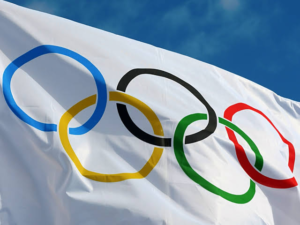The International Olympic Committee (IOC) has officially recognized pickleball as eligible for Olympic competition, marking a transformative moment for the sport that has quickly become a global phenomenon.

Known for its blend of tennis, badminton, and table tennis, pickleball’s simplicity and accessibility have contributed to its explosive growth, particularly in the United States, where it has gained millions of players across all age groups.
Why Pickleball?
Pickleball’s rapid rise can be attributed to its ease of play, low equipment costs, and appeal to diverse demographics. Played on a smaller court with a perforated plastic ball and paddles, the sport combines strategic gameplay with social engagement. Communities worldwide have responded by building dedicated courts and organizing local leagues, fueling its popularity.
The IOC’s decision is significant not only for pickleball enthusiasts but also for the broader Olympic movement. Advocates believe pickleball’s inclusion could attract younger audiences and inspire greater participation in the Olympics, aligning with the IOC’s commitment to promoting inclusivity and reflecting contemporary sporting trends.
What’s Next?
While a timeline for pickleball’s Olympic debut is still uncertain, the IOC’s recognition is expected to accelerate the sport’s development on the international stage. The International Federation of Pickleball (IFP) will play a crucial role in establishing standardized rules and organizing global competitions to prepare the sport for the Olympic spotlight.
The decision also opens doors for the creation of national teams and international tournaments, further cementing pickleball’s position as a mainstream sport. For players, fans, and aspiring Olympians, this announcement represents the dawn of a new era, with pickleball poised to become a centerpiece of global sports culture.



